Keys to Building Efficient Habits in the Classroom
I’m writing this article centered around teachers creating habits that allow them to be more efficient and productive in the classroom; building
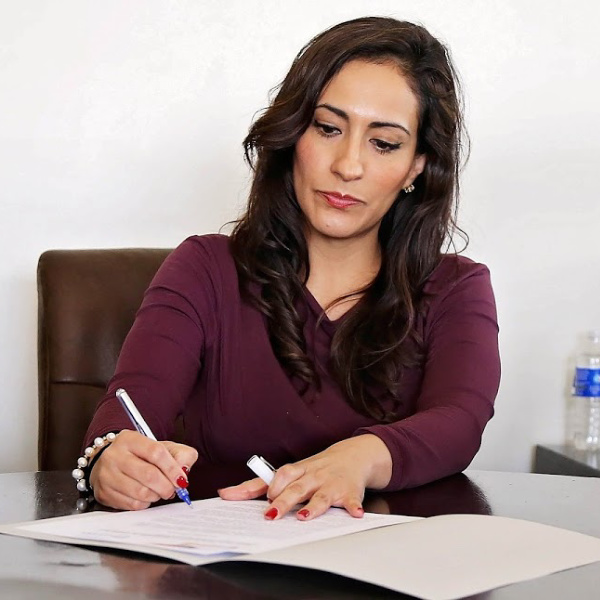
And I think a large part of this is the HUGE WORKLOAD that teachers have, and if I can offer just a few new strategies to help you form positive HABITS that make your life easier then I will be happy.
STRATEGIES FOR BUILDING EFFICIENT HABITS
1. Prepare a week ahead of time.
I have to admit that I have mentioned this habit in about four other articles here on this website. BECAUSE IT IS SO BENEFICIAL!
I was lucky enough to study, as a student teacher, under a very organized teacher who introduced me to this planning concept. The gist of this habit is to spend your planning time each week planning for the next week. This includes gathering all the materials and supplies needed for each day and each lesson.
Here are a few articles where I have also written about this routine.
Teacher Organization – How to PREPARE and Stay Focused.
My Top 17 Tips to Be a Resilient Teacher.
The benefit of this habit is that you are always ready to teach each morning, and you can leave each afternoon knowing the next day is planned and ready too. Just having this one HABIT relieves so much UNNECESSARY STRESS.
2. Keep the students engaged.
Keeping your class engaged will change your world. Behavior issues diminish dramatically. The students are happy and learning. And the day goes by so quickly.
When I say keep them engaged, I am not talking about an endless amount of busy work. What I am talking about is active engagement in the lessons.
Are you using whiteboards or hand signals? Are they sharing answers with a partner, are you calling on all students to answer and participate? Is there something that they are responsible for completing?
All these actions lead to active engagement.
3. Control the behavior.
You MUST create a system that works for you so you can control your classroom. This may not currently be the PC term for classroom management, but it’s still important.
Establish a set of rules and routines. Create consequences for breaking a rule and rewards for following the rules and routines.
Teach your classroom routines FOR TWO WEEKS at the beginning of the year and insist that students follow them.
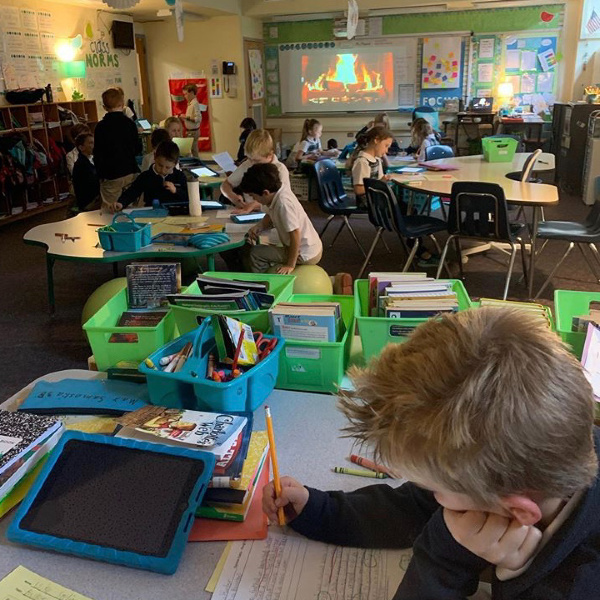
I cannot express more the importance of thoroughly teaching and enforcing your classroom routines with your students. This one item will bring you so much for time for instruction. When your students realize that you mean what you say and say what you mean, most will behave.
So make a promise to yourself that you will follow through on consequences and rewards AND make all students accountable all the time.
4. Clear your desk each afternoon before leaving.
I know this might seem like a silly habit to be discussing. BUT this is needed also. It brings you the same calm that making your bed in the morning does for you (you should do that too, if you aren’t).
One time I was reading an article by a four-star army general who was discussing what makes successful people. Two of the things he discussed where these two habits. It takes less than two minutes to straighten your desk. Empty your coffee cup, put the TE’s back on the shelf, stack
You will feel so much better walking into your room each morning with a cleaned off desk. You will be able to start you day on a calm note.
5. Insist that students answer you every time.
I bet you are wondering why I think building this habit is important. Well, it has to do with a few different things. I have seen this in action in numerous classrooms and IT IS EFFECTIVE!
First of all, it builds confidence in your students, building oral language and speaking skills. It helps your English Language Learners since they are hearing complete sentences all day long from their peers (and creating their own complete sentences).
When students answer in complete sentences, it builds respect in the classroom. Students treat each other better and they treat you better. By adding a bit of formality to the class, this habit sets the tone that education is an important business AND they (the students) play an important part in the classroom.
6. Take breaks.
Take TEACHER BREAKS. I am not talking about student breaks in this part, but rather teacher breaks. Teachers get overwhelmed minute by minute. Each day you are making so so many decisions and dealing with so many different tasks and incidents.
TAKE A BREAK HERE AND THERE!
If you aren’t on recess duty, take the first 2-3 minutes of the time to catch your breath and rest. This “down” time allows you to begin to prioritize your list of things you need to take care of.
During that time, ask yourself, “What do I need to take care of right away, or first?”
Try to do the same thing at lunch. Give yourself a few minutes to relax either before or after you
Before I continue on, I want to be sure to offer you my FREE 101 Teacher Tips downloadable list. Just complete the form below and I will zip it over to your email inbox.
**
MORE TIPS FOR BUILDING EFFICIENT HABITS
7. Use a Running “To Do” List.
With my first greatest tip being to plan ahead of time, my second greatest tip is to keep a running “to-do” list. Since building efficient habits is important, this one especially helped me in every job I’ve had. I also use lists in my home life.
I keep a “running to do” list at work and enjoy crossing things off the list as I accomplish them. I even create a weekend home “to do” list on Saturday mornings. When you do this, you get great satisfaction knowing how much you have accomplished. It also keeps you from losing track of what you are working on if you tend to get distracted.
8. Don’t take loads of work home (it’s psychological).
How often do you really accomplish the tasks that you take home with you during the week? I’m not talking about the weekend, but during the week when you have to get up and go back to school. Whatever you do take home, I bet that you only work on one or two of them. Because your home life demands are important too.
So, you might as well limit yourself to only bringing home one or two items to work on. Believe it or not, this is psychological too. When you bring a stack of work home and then don’t work on it, you end up being disappointed in yourself and critical of yourself. NONE OF US needs that!!
Here is another article by an education blogger that I have a lot of respect for, Linda Kardamis who has a website called TEACH 4 THE HEART. Here is the article. Teachers, Here’s the Secret to a Balanced Life.
9. Learn to Prioritize.
When building efficient habits, learning to prioritize is crucial for all teachers. It’s important to take care of “first things first.” A great way to keep track of this is to use your “to do” list. Write EVERYTHING down on that list. Then go through it and decide which items need priority that day.
Of those items that you MUST do today, which is the MOST IMPORTANT. List those items #1, #2, #3, etc. Even consider placing a great big star next to the most important one.
Let me give you an example. Let’s say your list includes (along with ten other items that are not crucial) these three items: a form that the principal has asked you to complete by the end of the day, a parent who has asked for extra work while their child is away for two days (this is needed by the next day’s end), and running off an extra test for the new student for that afternoon.
In my opinion, the #1 item would be the test – you need it during the day VERY SOON! The #2 item would be the form for the principal which is due that afternoon and the #3 item is the extra work for the student who will be gone after tomorrow for two days.
So, you take care of the test (I suggest send it to the office with a note about it being for a BRAND NEW STUDENT). Most likely, the secretary or clerk will make you a quick copy. Next you work on the form during recess or your prep and the packet of work can be done after students leave for the day.
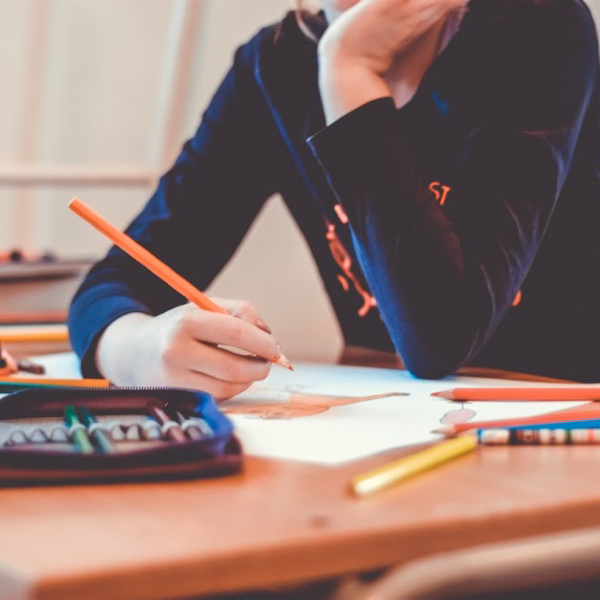
10. Write EVERYTHING down.
I know at first glance, this seems the same as making a “to do” list, but it is actually a different habit. This has to do with all the little (and BIG) things that come to mind throughout the day in regards to work. You know, the things that keep swimming around in your brain; things you worry about.
Let me give you an example, let’s say you are at recess duty and notice that Megan is not playing with the normal group of girls that she usually does. You want to remember to ask her if everything is okay later (since you don’t want to do it there while others are watching). And you also see the boys playing soccer and are reminded that you plan to refer Jose for speech services but have forgotten to do so.
Take a second and make a note of it on a post-it note or the “notes” section of your phone.
The reason this is a good habit is because (1) it helps you remember things, and (2) once you have it down you can stop worrying about it or waking up in the middle of the night because you just remembered it again.
11. Begin work on report cards three weeks before they are due.
It took me about eight years before I as able to learn this habit of beginning the work on report cards early in order to not be rushed at the end and overwhelmed.
I figured out that if I began about three weeks ahead, I could work on them a bit at a time and get them done without spending a whole weekend of my life. I would start adding student comments a few each day.
Another part you can complete ahead of time is to enter the grades for some of the subjects that are completed. For example, I would alternate Science and Social Studies in elementary school, so I could enter the grades for the subject I was not currently teaching.
12. Don’t try to do it all.
The final habit that you need to try to incorporate is to remember to “try not to do it all.” Many teachers are so giving and caring, that they tend to take on more projects than they should.
Remember that your first priority is to your students and family. In order to not get burned out or overwhelmed, don’t take on extra duties until you gain confidence in the grade level you are teaching.
Now that you’ve gained some insight into some efficient habits, try to implement a few right away to make your life and classroom stress free. Then add a few others once the first two have become a true habit.
Let me know if these have been helpful. I’d love to hear which ones worked for you!
Until Next Time,
Your Teacher Buddy
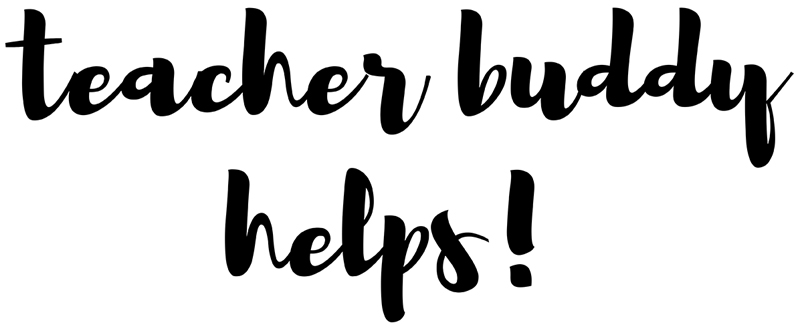

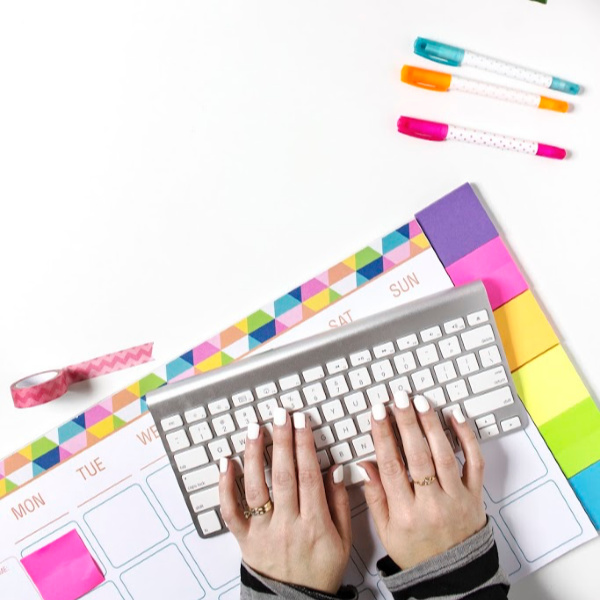
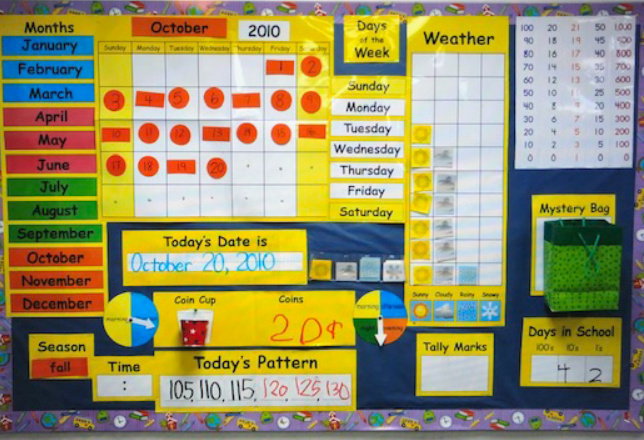

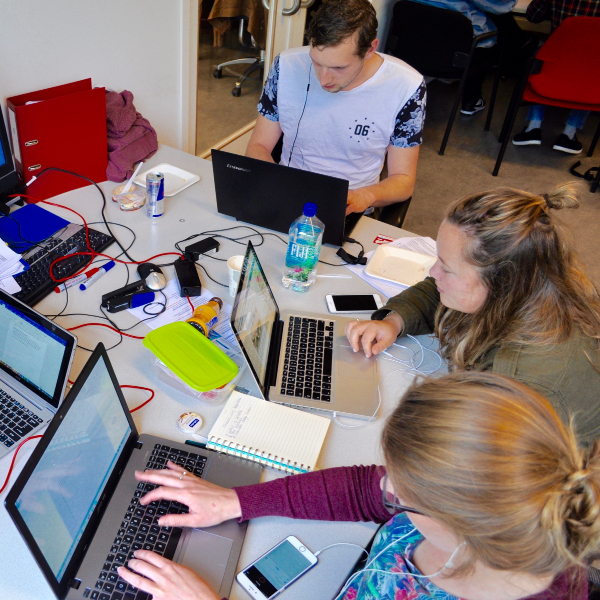
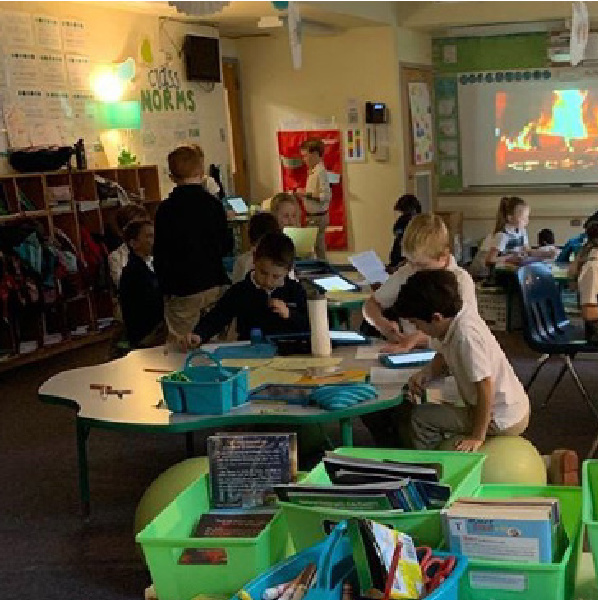
I have always cleared my desk, before leaving work each day, and am always thankful I do when I happen to fall ill or have a family emergency and need to get an unplanned substitute. Excellent tips for teachers at all stages of their career.
Thanks, Kimberlie! I’m hoping to give new and beginning teachers tips to encourage and support them.